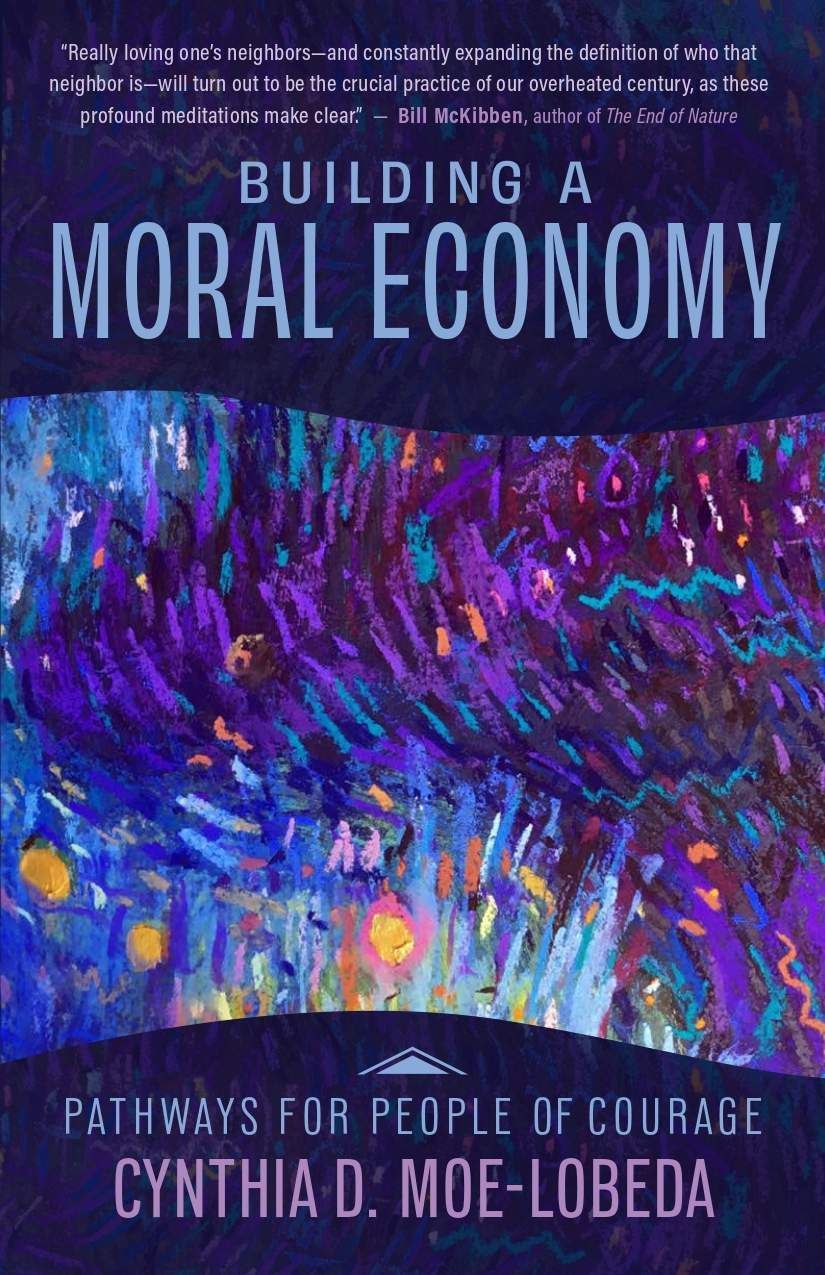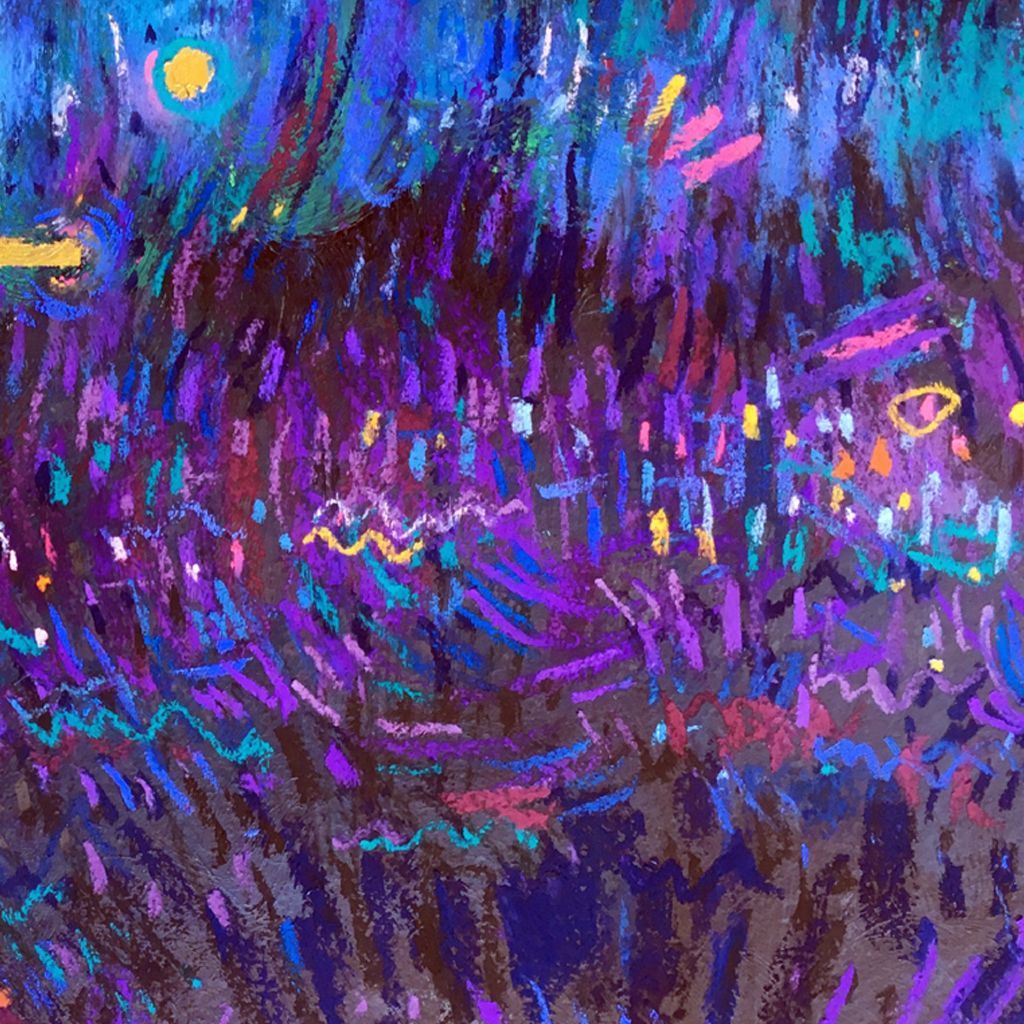Building a Moral Economy
Ecological, Equitable, Democratic: Pathways for People of Courage

You Have The Power Today To Change Tomorrow
"This luminous book brims with the spirited moral care and scholarly brilliance that mark all of Cynthia Moe-Lobeda’s work. But Building a Moral Economy is her most personal, engaging, and capacious book - inviting readers to join the building of an already-emerging moral economy." - Gary Dorrien
“A tour de force….path-breaking and life-changing.” - Mary Evelyn Tucker
“Practical, embodied and faithful…a courageous guide filled with ideas, tools, and vision for the future of the planet.” - Raj Patel
Praise for Building a Moral Economy

Creative courageous people the world over from all walks of life – herald a new vision for economic life together! Economies that enable all people to have the necessities for life with dignity, and Earth’s web of life to flourish. Join them!
The Building a Moral Economy series invites you into a sacred journey, a journey to heal our economies.
- Explore economies as webs of relationship, economic life as spiritual practice, food water and housing as human rights.
- Glimpse pathways toward a future where Earth’s climate once again supports life abundant.
Book Trailer
Trailer created by undergraduate class in television production at California Lutheran University: Joshua Casanova, Amaya Charles, Andrew Johnson, Victoria Peterson, Abbey Saucedo, Lillian Schmidt, Kara Zaccaro. Led by Professor David Grannis. Music by Kara Zaccaro. Voiceover by Maggie Stenson.
"Deeply personal and political, Building a Moral Community invites us to a sacred journey of communal healing for a world beset by the climate crisis, economic inequity, and global racism. It is a hope-filled book that motivates us to act by offering many practical examples of social change."
Kwok Pui-lan, author of Postcolonial Politics and Theology: Unraveling Empire for the Global World
“Beautifully written expressions of beauty, joy, and clear-eyed hope…uplifting and empowering tools to move us along together in a healing journey towards a…more life-giving future for the whole Earth.”
Kathryn Tanner, Frederick Marquand Professor of Systematic Theology, Yale Divinity School, and author of Christianity and the New Spirit of Capitalism
Pathways for People of Courage
Economies shape life and death, determine who will have water, food, housing, health. Economies foment climate disaster or climate healing. Equitable, ecological, democratic economies open doors to racial justice. With these hope-filled and honest books, you will explore pathways for transforming extractive exploitative economies into economies for life —pathways for people of courage.
You have the power to dream, to forge a future of justice and ecological wholeness for our children and ourselves.
This series equips people for building more ecological, equitable, and democratic forms of economic life. The books defy the idea that exploitative economies are inevitable and unchangable. Readers may explore the role of spirituality and religion in building more socially just, ecologically sane, and democratic economies.
Avoiding the most dire damages of climate change “requires transforming the world economy at a speed and scale that has ‘no documented historic precedent.’”
Coral Davenport citing an IPCC report


